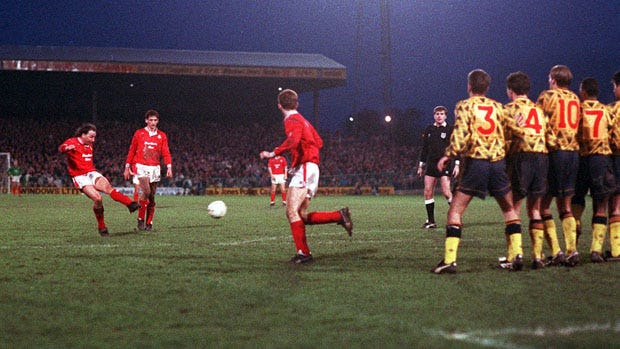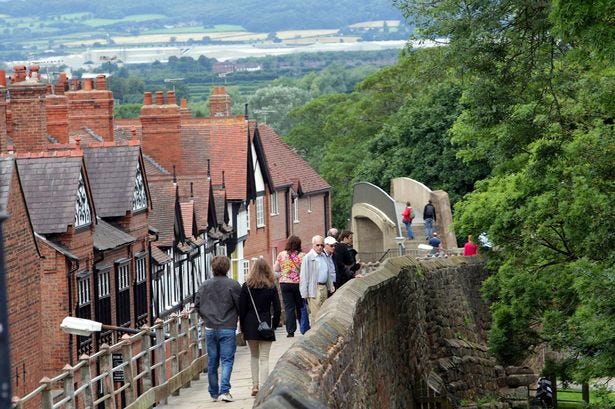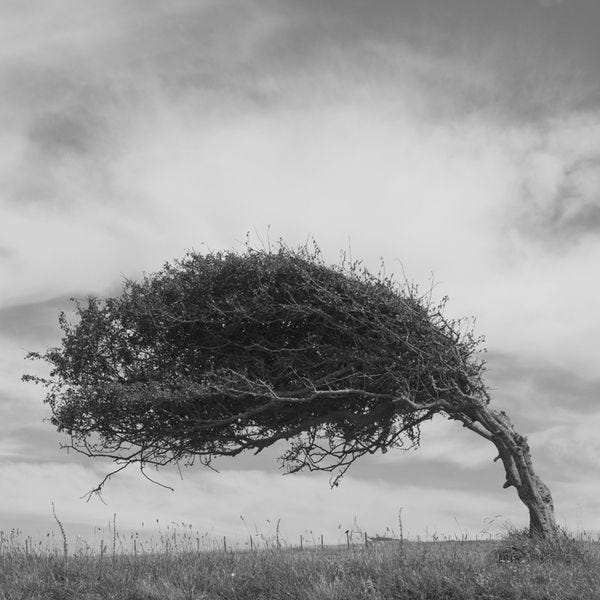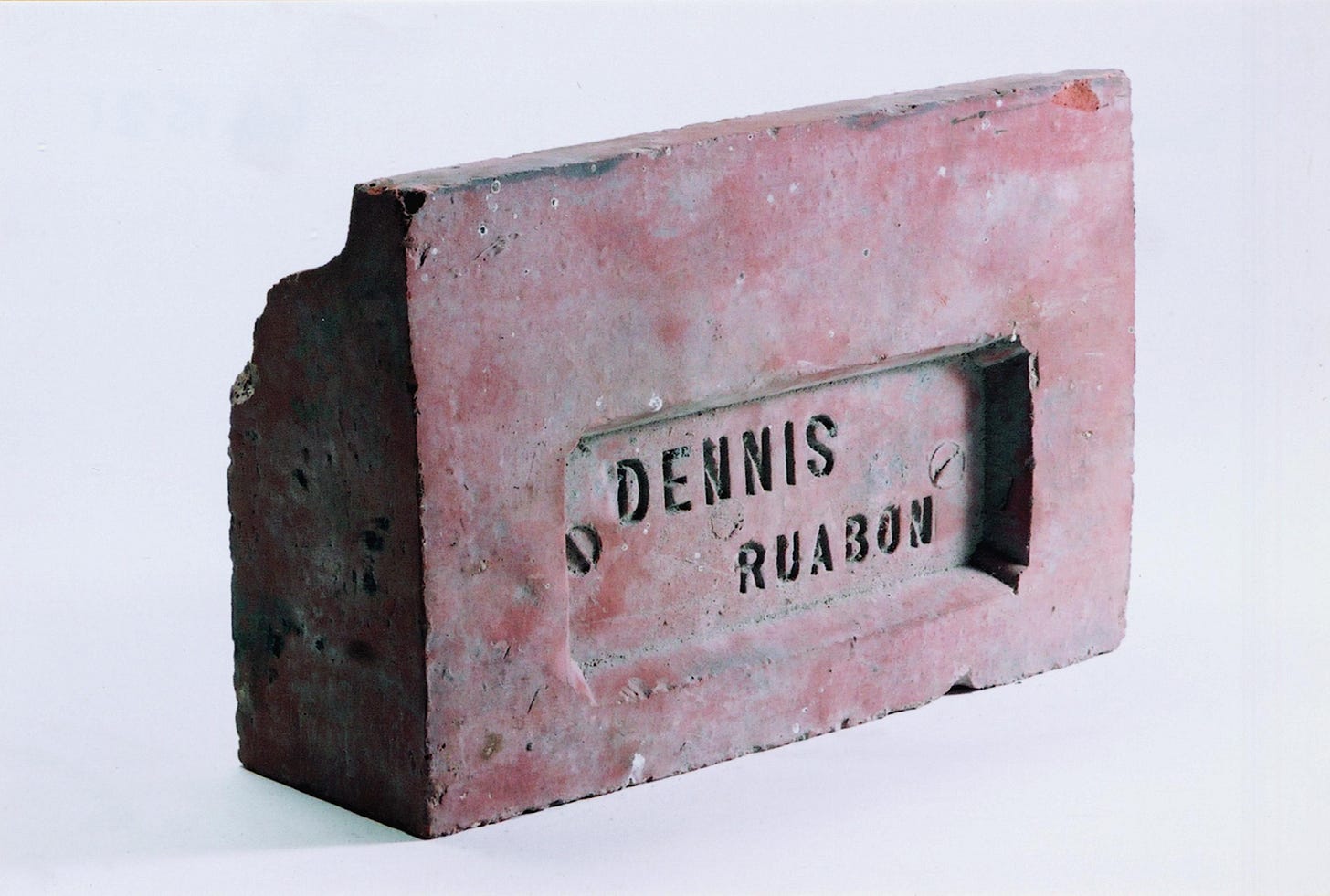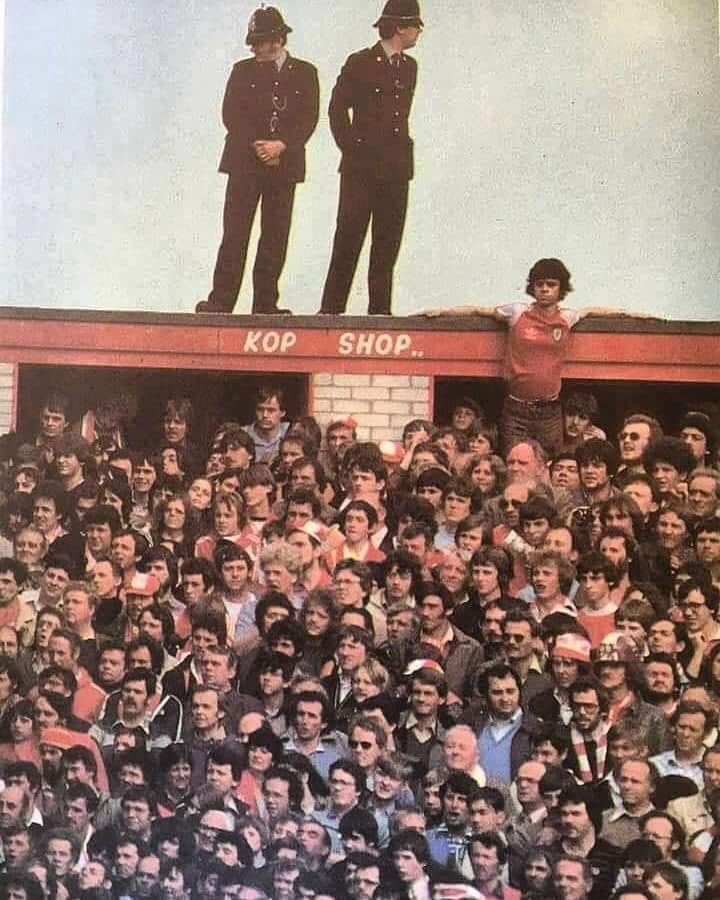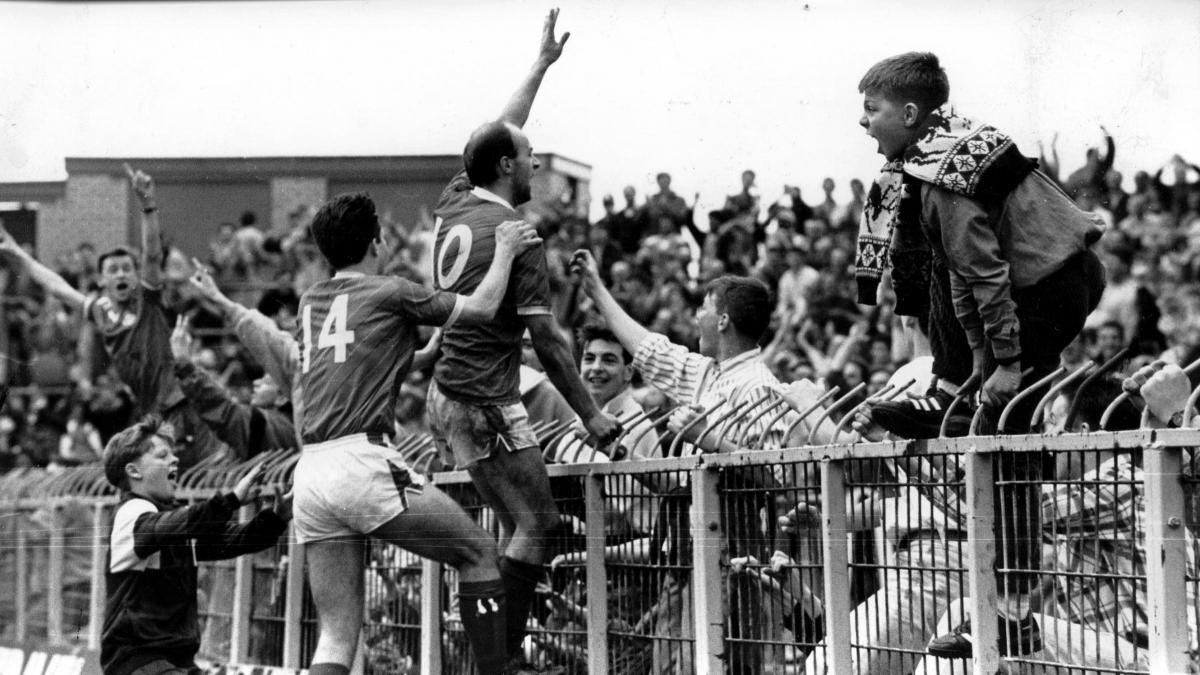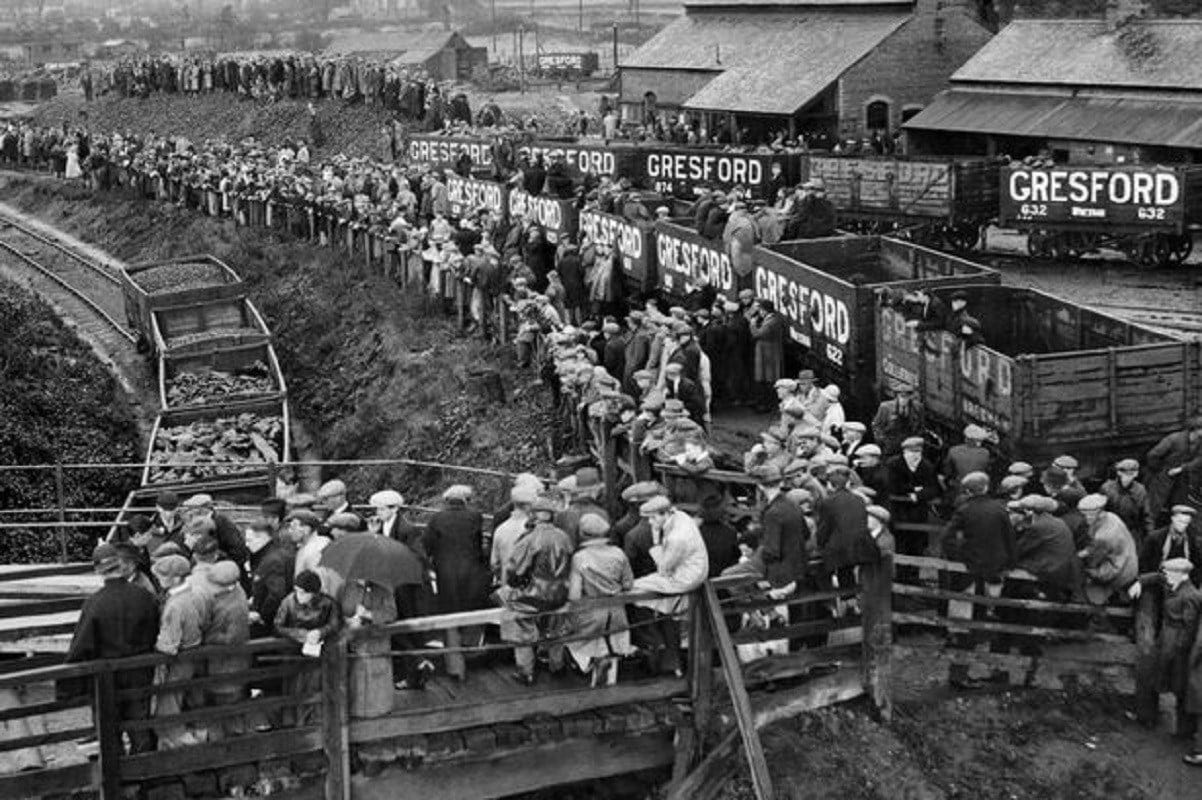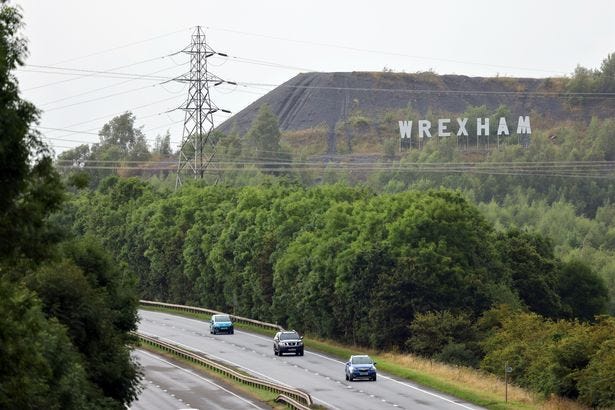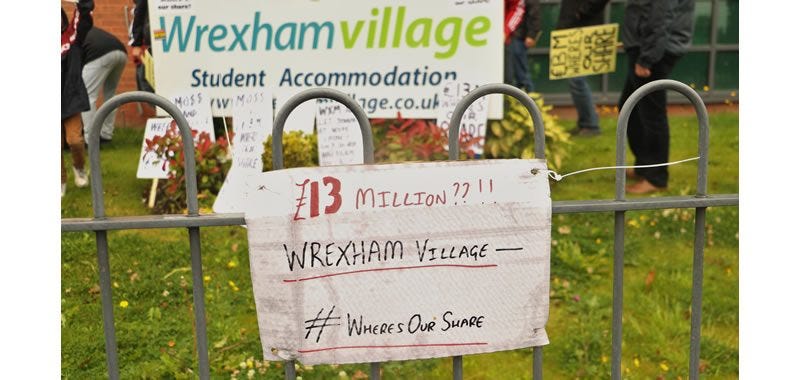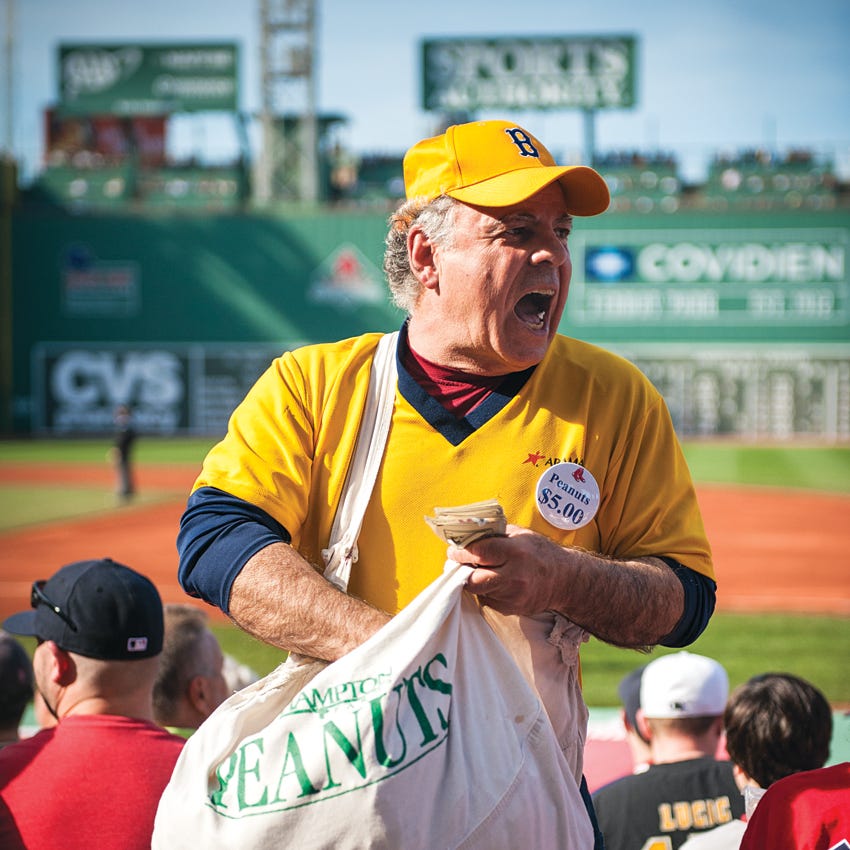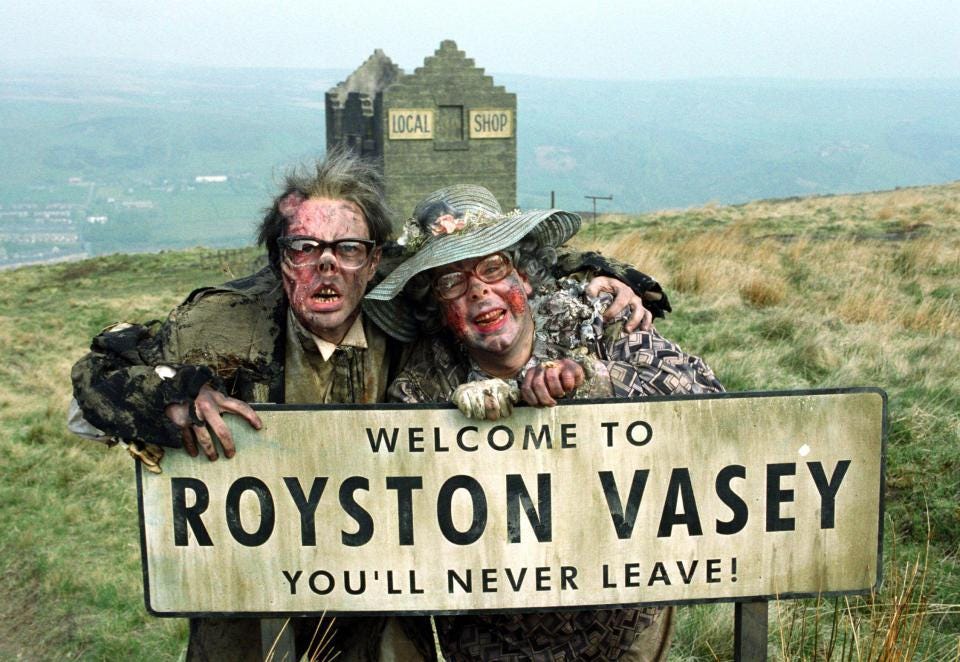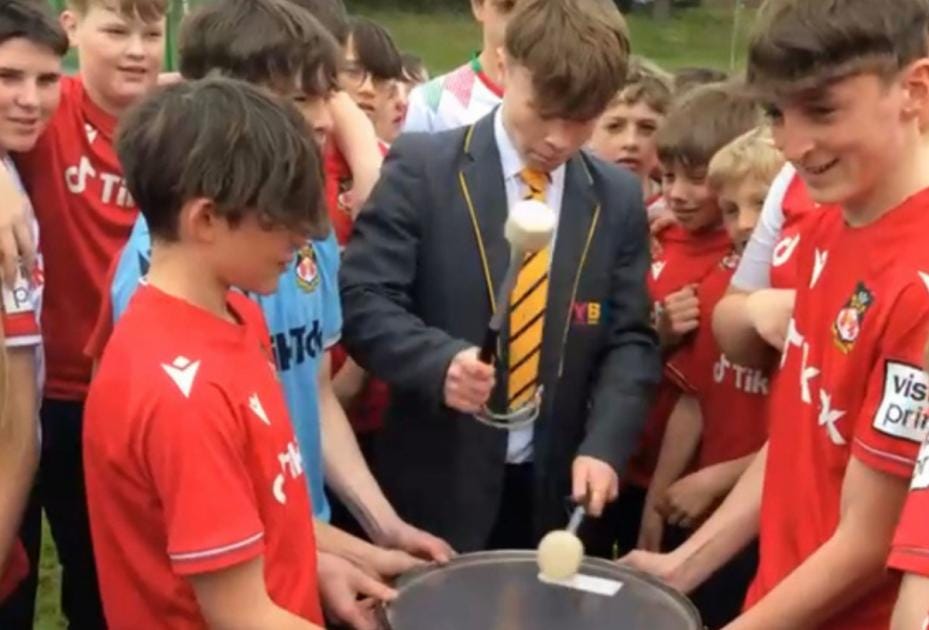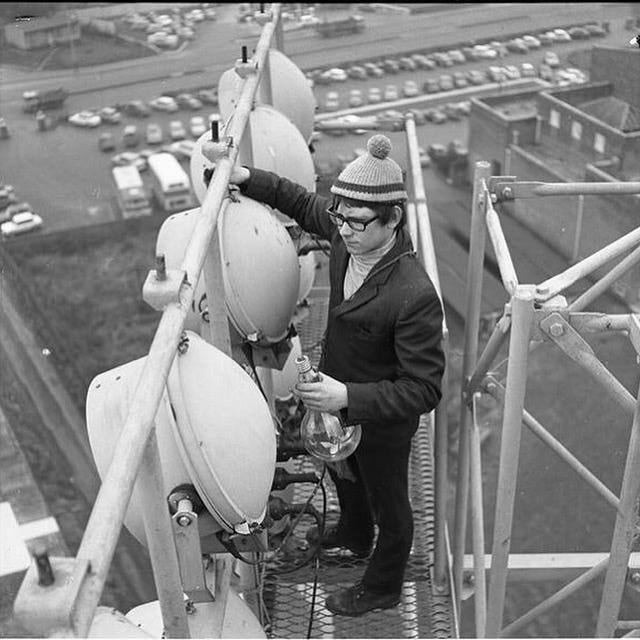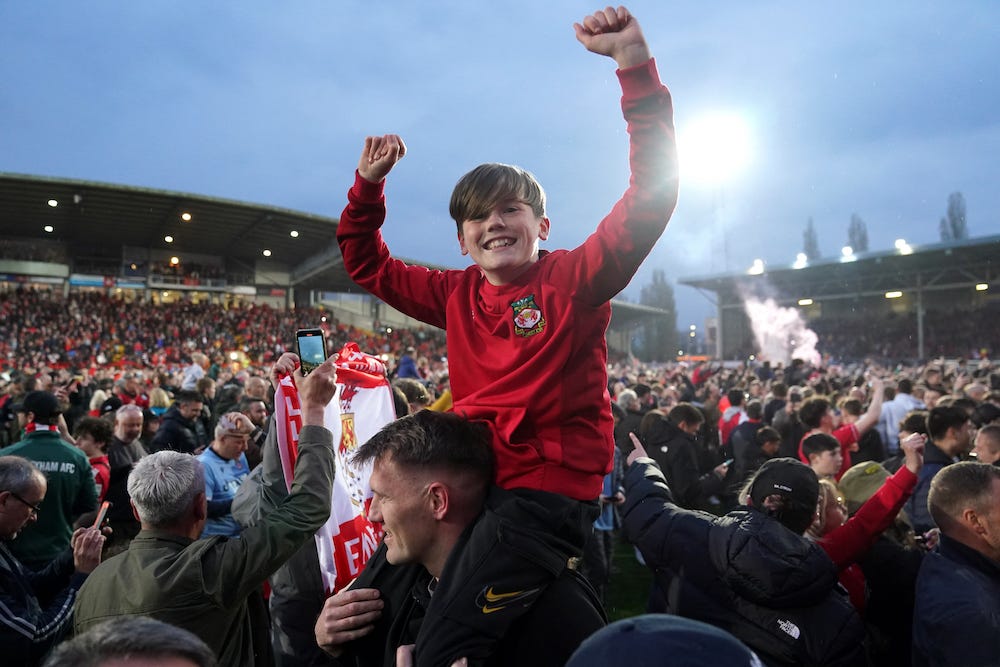It wasn’t always sunny in Wrexham but there was always light here.
We were the ‘dirty old town’, a bygone place known for its past glories. A place where, whenever mentioned, would be accompanied by archival footage of long gone industry or pixelated volleys and freekicks. A place of managed decline of pit and pitch. We were a place, bleak of present but warmed by the long pull of nostalgia where camera crews were only ever in town to document the allegories of time worn regulars for ‘Britain’s Toughest Pubs’ or to report on past ‘giant killing’.
We were a town that was sandwiched between capitals of capital. To the North-West, the upper-crust city of Chester with its fortified walls built to keep out the ruffians from across the border. (Even their Town Hall tower is devoid of a clock on its West face because they didn’t want to give us the time of day.) To the South, Cardiff with its southern-centric investments in infrastructure and internationals. We were a maligned hinterland, looked down upon by the North and conveniently overlooked by the South.
There’s a Welsh saying - ‘I'r pant rhed y dŵr’ which translates to ‘the water always runs into the valley’ meaning that fortune always finds the fortuitous. Prolonged periods of austerity both in the region and at the football club certainly reaffirmed this maxim. While we have always been a proud community, adversity bends the boughs of even the strongest trees and the weight of it all made our once straight backs bend a little more as the years moved on.
Although no one admitted it, perhaps there was a tacit understanding that this may be our lot; a club and community that scraped by in the shadows, narrowly avoiding catastrophe after catastrophe. And in a strange way, we were almost comfortable with it. We knew our place. We knew what we were. We were ‘sheep-shagging bastards’. We were Ysgol y Grango not King’s School. We were jackets and trainers not polo shirts and boat shoes. We were Ruabon brick not silver-spoon prick. It made us irascible with huge chips on our shoulders but it also gave us fight and tenacity and the magic to find light in the dark.
Perhaps our reluctance to refer to ourselves as a city also speaks of our unease of the lofty polish of the highfalutin and our deference for the dirt at the roots of the familiar. We are not people comfortable in the altitude of the pristine ‘posh seats’. We are the people comfortable in our old Taid’s time-worn armchair. We are the people born from the dust of brick and coal, from steel and smoke. Even the hymns that reverberated around the cavernous Kop were love songs to the scruffy, lauding the ‘dirty old stand’ and ‘Betty the tramp’ who ate ‘her chips off the King Street floor’. We were proud to chant ‘We know what we are’. We were the ragged-trousered on the piss.
“Poverty.. is not caused by drink or laziness. It's caused by Private Monopoly. They have monopolized everything that it is possible to monopolize; they have got the whole earth, the minerals in the earth and the streams that water the earth. The only reason they have not monopolized the daylight.. is that it is not possible to do it.” - Robert Tressell
North-Walians are welcoming but history has made us wary. We have been scarred by the shadowy interlopers that have arrived here under the guise of having our best interests at heart, but were more interested in the lining of individual pockets rather than any communal good. Take Henry Dyke-Dennis’s drive to increase profitability at Gresford, the Liverpool Corporation’s private bill to drown Capel Celyn and Alex Hamilton’s vainglorious attempts to asset-strip our football club.
But in all these instances of suffocating darkness, a light continued to burn brightly; the light of community, of heart, of pride, of Nationalism, Socialism, humanitarianism, of right against wrong, of not letting dickheads win.
We are a people whose lights burn brighter in the face of the darkness of adversity. As Dylan Thomas put it, we ‘Do not go gentle into that good night’ but ‘rage, rage against the dying of the light’. And nothing exemplifies that more than that seminal day in August 2011. As we stared down the barrel of oblivion, we came out with our pocket money, our savings and house deeds, all £127,000 of it, and paid the bond required to stave the darkness of disaster.
The passing of time allows us to use ‘war and past injury as metaphor and simile’ but the deep scars these dark times have etched into our landscapes and psyches remain. It was Thomas Jefferson who stated that ‘eternal vigilance is the price we pay for liberty’ and as supporters of this football club that was how we had to operate. We could trust no one aside from ourselves and so the WST (Wrexham Supporters Trust) was born. At our lowest ebb, so many opportunistic vultures circled above our bruised and weakened club, looking to see what could be picked from the bones. And some did. The ‘Wrexham Village’ block of flats that looms large on Crispin Lane serves not just as a monolith of individual greed but also of our desperation and vulnerability in a dark time when we craved the return of the light. We were taken in and burned by it and vowed that it would not happen again.
But there was something so disarming in the absurdity of your arrival. We’d had previous encounters with pantomime villains in the form of Mark ‘The Penguin’ Guterman, Alex ‘Herman’ Hamilton and Stephanie ‘Chips for a Quid’ Booth but the triumvirate of a Marvel Comic Hero and two Hollywood actors and writers as prospective saviours was beyond the realm of even ‘what the actual fuck?’ territory. An investor from Holywell, maybe, but Hollywood?
The maelstrom of publicity and media attention was disorientating and it was impossible to fathom what was happening or where it was heading. It was Jean-Luc Goddard who said “It's not where you take things from — it's where you take them to” and it was this that worried me. I had visions of a focus-group driven rebrand where we became the Wrexham Warthogs; of ballpark peanut vendors traversing the stands; WWE style tunnel walks; of cleats and not boots; of upper 90’s and not top corners.
But in all honesty, it was the documentary element that worried me the most. I felt that a documentary about moneyed saviours attempting to turn the fortunes of a working class town and its ailing football club could veer into the realms of ‘poverty porn’. The documentary’s name, ‘Welcome to Wrexham’ even conjured up parallels of ‘Welcome to Royston Vasey’ from ‘A League of Gentlemen’; a fictional show following the lives of its misshapen and bizarre residents. But perhaps that says more about my insecurity than any dark intentions on your behalf but those were my concerns. Those concerns persisted, not because of anything you said or did but because of the scars left by those before you and the need to maintain the protection of that ‘eternal vigilance’ so we were not hurt again.
But I needn’t have worried, and I say that not through sycophantic sighs but from the heart. The documentary was told with a care and honesty, devoid of any semblance of derision or denigration. It was an unfolding love story, where you fell in love with our club and our story and we fell back in love with our town again. I once met a chap that deliberately told his peers in school that he supported Wrexham so that they would stop asking him to play football with them. A team that would make him a playground pariah. Now I see the kids I teach talking about our club in corridors and classrooms, wearing our badge rather than that of a team they have no discernible link to.
I’m not naive enough to think that the documentary was one driven purely by altruism. But, while there has, I’m sure, been a keen focus on the metrics of success; of followers, views and sales, you have remained true to the numbers that genuinely matter. The numbers that are in our blood and the seams and soil of our land - 1864 and the 266 of 1934.
To close, there’s a clunky metaphor to be had from the installation of our new floodlights. The felling of the old floodlights brought with it the cloying calls of sentimentality - ‘I preferred the old ones’ with their rust and missing bulbs. It was a preference for the safety of the familiar, instead of the unfamiliarity of the new. It is only the ardent football fan that holds the haptics of cold concrete and the peeling paint on steel in such high regard by the way. But sometimes nostalgia is a handbrake on moving forward, getting better. Perhaps the old floodlights were a symbol of the past; once bright and dynamic but had lost their lustre over the years. The new floodlights, while coldly utilitarian, will cast the type of bright light on our club that we could never have dreamed of.
Your drive to show not only our club and community in such a positive light but also our mother tongue is something that means a great deal to us. It speaks volumes of your sincerity, motives and desire to be part of our community rather than merely detached investors. At the risk of entering the realms of the hyperbolic, and I don’t think I am, you have done more for us, our civic pride, our economy and our beloved language than decades of successive governments have done.
Like the harsh winters that have faded the bulbs of our old floodlights, perhaps time and loss had cataracted our eyes to what was really here on our streets and in the fabric of our communities. The light you have brought has allowed the world to see the real us and the real potential that lies here. But, perhaps more importantly, you have helped us see the potential and the magic that lies within ourselves.







